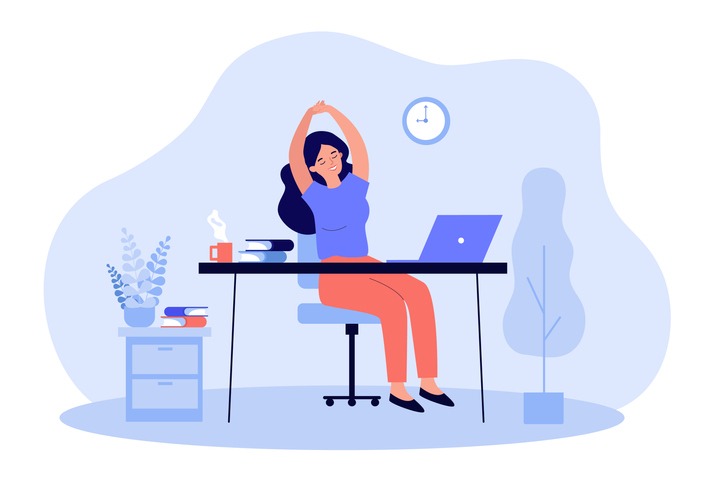Free lunch seen to improve office return rates
Ever found yourself opting to forgo lunch in favour of work or sneaking in a quick bite during a meeting? Well, you’re not alone.
In a recent survey conducted by ezCater, a corporate food solutions provider, 48% of the 5,000 employees polled admitted to skipping lunch at least once a week. Among these respondents, 62% indicated that they had to repurpose that time for other tasks. Surprisingly, three out of five participants confessed to the practice of “meeting and eating” during video calls, despite acknowledging it as poor etiquette.
The prevalence of these habits is noted in the context of employees grappling with increased workloads following widespread layoffs in various organizations. Diane Swint, Chief Revenue Officer at ezCater, emphasized the role of employers in fostering a lunch break culture.
Swint remarked, “It’s in employers’ best interest to encourage their employees to take a lunch break, and what better way to do that than by making the food appear? When you look at the cost of employee turnover and the cost to fund lunch every day, the ROI is clear.”
The survey also highlighted that 78% of respondents believe that eating lunch positively impacts their job performance, with 53% attributing it to enhanced mental clarity. Swint further underscored the data, stating, “Our data shows that lunch breaks improve job performance and reduce burnout.”
In addition to affecting productivity, lunch breaks can play a role in motivating employees to return to the office. The report disclosed that 67% of hybrid workers asserted that the provision of free lunch would influence their decision to work onsite. Interestingly, among different age groups, Gen Z individuals were identified as most likely to view complimentary food as a significant motivator, with 83% citing it as a factor.
These insights emerge amid a global trend among employers to entice employees back to onsite work, even in the face of resistance, with perks such as free meals and training being used as incentives.











